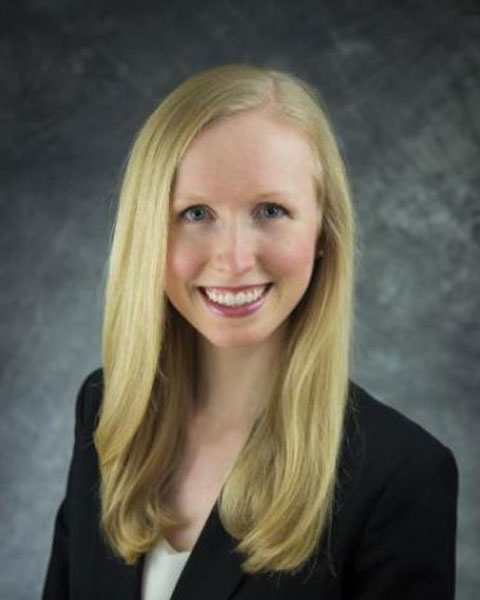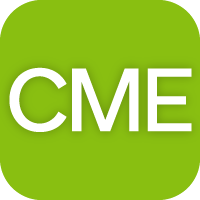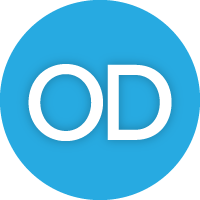Professional Development
28T55: Swipe Right on Rheumatology: Engaging Learners and Creating Community in the Digital Age
-

Laura Arneson, MD (she/her/hers)
Northwestern University
Chicago, IL, United StatesDisclosure(s): Novartis: Sub-investigator on a clinical trial (Ongoing)
-
.jpg)
Mithu Maheswaranathan, MD
Duke University School of Medicine
Durham, North Carolina, United StatesDisclosure(s): UCB: Speaker/Honoraria (includes speakers bureau, symposia, and expert witness) (Terminated, December 31, 2024)
-
.jpeg)
Miriah Gillispie-Taylor, MD
Baylor College of Medicine/Texas Children's Hospital
Houston, Texas, United StatesDisclosure information not submitted.
Moderator(s)
Session Coordinator(s)
Are you interested in leveraging social media and nontraditional teaching methods to enhance your educational strategy in rheumatology? Join us for a 60-minute interactive session designed specifically for medical educators in the adult and pediatric rheumatology space. This session will equip you with the knowledge and skills needed to effectively incorporate social media and alternative teaching methods into your teaching practice. We’ll explore not only the advantages and challenges of using alternative methods as educational tools, but also how they can foster ongoing collaboration, shared learning, and mentorship within the rheumatology community.
Social media has also emerged as a powerful tool for creating communities of practice by facilitating collaboration, knowledge sharing, and mentorship among professionals with shared interests. Through platforms like BlueSky and Instagram, clinician educators can engage in real-time discussions, exchange best practices, and disseminate information. Other platforms like RheumMadness and theMednet also foster teaching through interaction. These digital spaces break down geographical and institutional barriers, enabling individuals at all career stages to contribute to and benefit from collective expertise. Social media fosters continuous, informal learning, where members can seek guidance, share experiences, and co-create knowledge in a dynamic and interactive environment. By leveraging hashtags, discussion threads, and friendly competition, educators in fields like rheumatology can build sustainable networks that enhance professional development and innovation. When strategically utilized, social media transforms into more than just a broadcasting tool—it becomes an interactive hub for professional identity formation, peer mentorship, and ongoing scholarly discourse, strengthening the foundation of a vibrant and engaged community of practice.
By the end of the session, you will have a framework for integrating social media into your educational activities, actionable strategies for sustaining engagement, and a network of colleagues eager to collaborate on future projects.
Learning Objectives:
- Develop a comprehensive understanding of the advantages and challenges associated with utilizing social media as an educational platform in rheumatology
- Collect practical skills to create engaging and evidence-based content tailored to specific audiences and learn how to find metrics
- Design a social media education plan to address real-world educational issues and help foster community
Presentations:
-
2:30 PM - 3:30 PM Central TimeSwipe Right on Rheumatology: Engaging Learners and Creating Community in the Digital Age
Speaker: Miriah Gillispie-Taylor, MD – Baylor College of Medicine/Texas Children's Hospital
Speaker: David Leverenz, MD, MEd – Duke University




